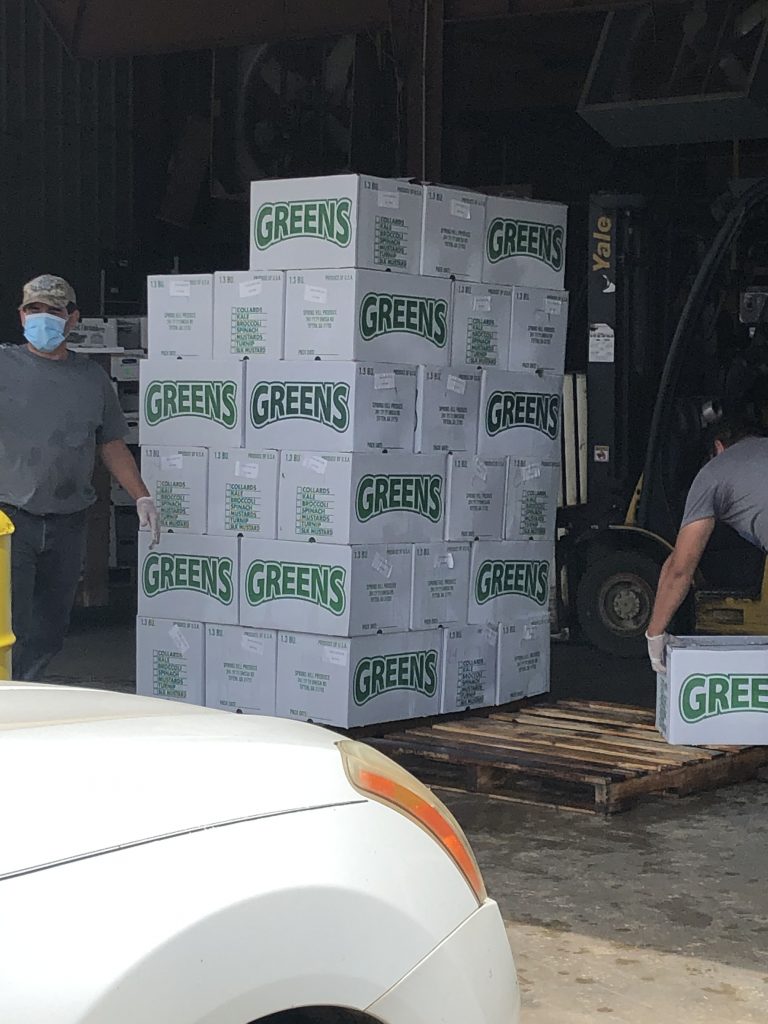Producers Discuss Impact of Pallet Shortage
Never in his many years of farming did Georgia vegetable producer Jaime Patrick ever envision a scenario in which he would lack pallets to ship his produce. It’s never been a problem … until now.

“You just call, and they send them to you,” said Patrick, who farms in Omega, Georgia. “I never thought we would lose a crop because of a pallet shortage. I never thought that would be something we’d have to worry about.”
But that’s the scenario facing Patrick and other vegetable and specialty crop producers in the Southeast. Growers and industry leaders have confirmed a major pallet shortage across the country. Pallets are instrumental in a grower’s ability to ship their product from the farm to the store.
“In talking to my pallet guys that supplies, they told me that they thought it was going to be short. What we did is we pre-booked a lot of stuff. Now, here in the last couple of weeks, they’re coming to me and saying, ‘Look, we’re not going to be able to cover.’ They’ve gone up on price, almost doubled. They still can’t cover it because they can’t get the wood to make the pallets,” Patrick said. “We use three different guys, and I’m getting the same story from all three.”
Widespread Problem
According to the National Watermelon Association, CHEP, a company that deals in pallet services, has indicated the problem is not isolated to just one specific sector. It is spread across all industries and the entire country.
“It’s going to be bad,” said Bill Brim, co-owner of Lewis Taylor Farms in Tifton, Georgia. “You’ve got people that don’t want to show up for work so they can’t fix pallets. They won’t offload them. They can’t do anything with them. I don’t know what we’re going to do.”
Patrick added that he is calling every day, begging suppliers to send him whatever pallets they have.
“What we’re trying to do is get as many in as we can. I just hope we make it through it. I don’t know what we’re going to do to be honest with you,” Patrick said.
Patrick said he is busy harvesting broccoli now. Soon it will be squash, then sweet corn and watermelons in June. Shipping without access to pallets is a non-starter.
“Years and years ago, we used to stack boxes on floors of semitrailers. But now with food safety rules and all that, it’s so tough that stacking on semitrailer floors is unheard of, really,” Patrick said. “If we don’t have something to put them on and ship them out, we’re going to be in a lot of trouble.”
Another year, another challenge for Southeast vegetable producers. Between increased imports and rising input prices and H-2A concerns, it continues to be a challenge to produce vegetables and specialty crops.
“Welcome to farming. Every year there’s something,” South Florida watermelon farmer Bob Stewart said.









